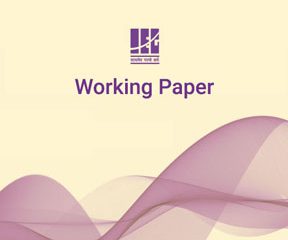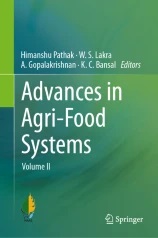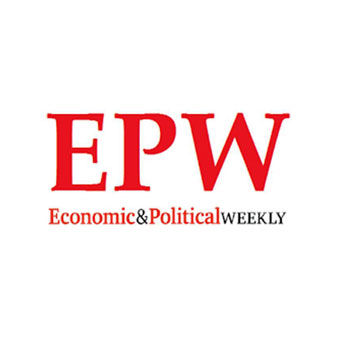
Price or income support to farmers? Policy options and implications
Working Paper No- 420
The recent farm laws enacted by the Indian Parliament have sparked a major debate over the importance and the form of public support for farming in India. At the centre of the discourse are issues related to price support, income stabilization, fair trade and the role of government. The Government of India and the state governments have launched several programs in recent years to provide support to farmers. Some of the policy initiatives of the Central Government included major departures from the past. An ambitious price support program (PM-AASHA) was launched in 2018 with a vastly enhanced minimum support prices (MSP). For the first time, a direct income support program (PM-KISAN) was launched in 2019 to make direct transfer payments to farmers. The present study explores the scalability and feasibility of these programs. Different models of price and income support have been analyzed and a comparative picture has been drawn. The study finds that direct income transfers have several advantages over MSP-procurement system. However, given the crucial role of food stocks for food security, a differentiated policy may be needed for staple and non-staple food crops. A judicious policy mix may be needed considering the supply-demand conditions of different crops, affordability of food prices to the poor and ensuring a minimum income to farmers.
Find on this page
Contact Us
Institute of Economic Growth, University Enclave, University of Delhi (North Campus),
Delhi 110 007, India
contact-us@iegindia.org
+91-11-27666364/6367, 27667101/7288/7365/7424
+91-11-27667410




